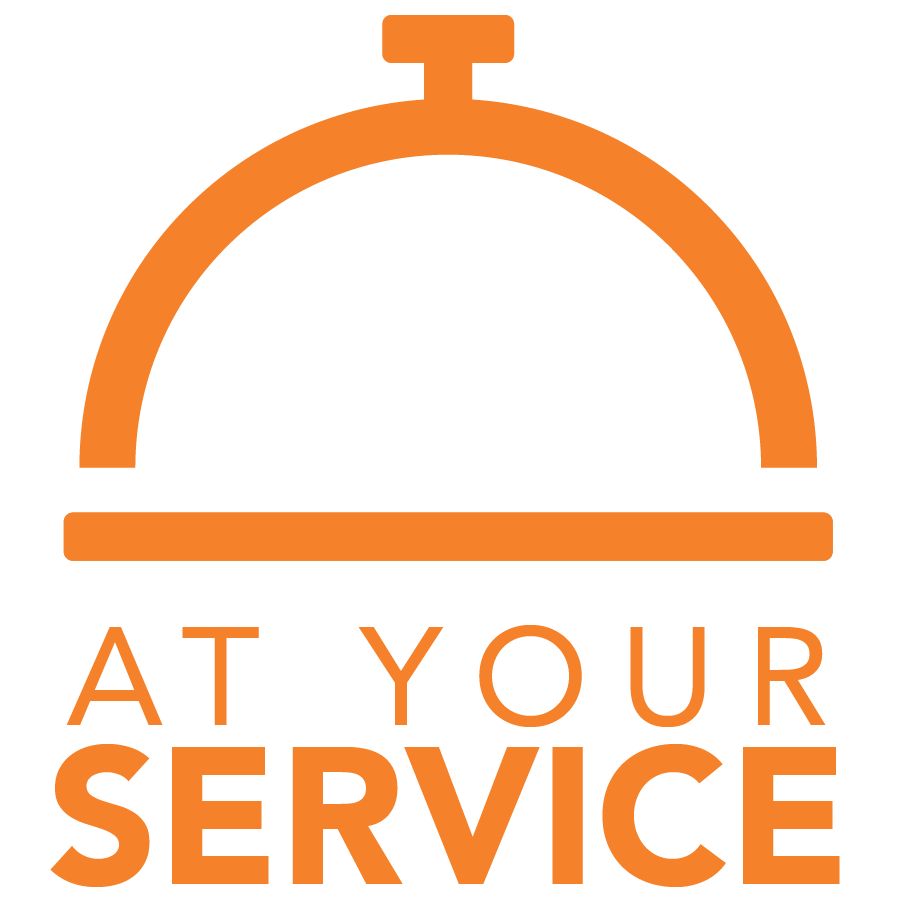 Menu
≡
╳
Menu
≡
╳
- Home
-
Lifestyle Options
-
COMMUNITIES
- Central Florida
- Southeast Florida
- Space Coast
- Treasure Coast
-
Programs
- Resources
- About
- Contact Us
 Menu
≡
╳
Menu
≡
╳
- Home
- Lifestyle Options
-
Communities
- Central Florida
- Southeast Florida
- Space Coast
- Treasure Coast
- Programs
- Resources
- About
- Contact Us
 There comes a point in everyone’s life when they need an extra hand — or two.
There comes a point in everyone’s life when they need an extra hand — or two.
Perhaps a chronic condition is making it harder to go about their daily activities. Or maybe it feels like they don’t have the energy to prepare their favorite meals or keep up with their personal care routines. Or, they’ve recently lost a spouse.
When your loved one needs a little extra support, but would still like to maintain an active lifestyle, it may be time to consider an assisted living community.
Assisted living communities can provide as much or as little assistance as needed. Services are designed to help residents feel empowered and independent while providing the level of care they need to achieve their daily goals.
In Florida, there are a wealth of assisted living communities to choose from, depending on one’s budget, preferences and healthcare needs.
Qualifying for Assisted Living in Florida
In order to move into a Florida assisted living community, one must meet specific requirements, as defined by state law.
The Florida Department of Elder Affairs says these requirements can vary from community to community. But in general, residents must demonstrate that they need help with at least two of the tasks listed in the Barthel Index of Activities of Daily Living (ADL).
These daily tasks include:
- Preparing meals
- Taking medications
- Managing personal care and hygiene
Depending on your loved one’s needs, they may also benefit from living in a community that is licensed to provide a higher level of daily care and assistance.
Understanding Florida Assisted Living Regulations and Licensing
Unlike skilled nursing facilities, which provide 24/7 medical care and are heavily regulated by the federal government, assisted living communities are regulated at the state level.
In Florida, all assisted living communities with a standard license are required to provide residents with personal care and assistance. The Florida Agency for Health Care Administration says these communities must also provide residents with social and leisure activities and assist with daily tasks like making appointments and arranging transportation.
As of March 2018, all Florida assisted living communities are also required to have a detailed plan in place for keeping residents safe and comfortable in the event of a power outage.
In addition to the standard license, The National Center of Assisted Living says Florida assisted living communities may also qualify for additional licenses, as defined by the U.S. Department of Health & Human Services.
These additional licenses include:
- Limited Nursing Services (LNS) — These communities are licensed to provide medical services required by your loved one’s doctor, including catheter assistance, wound care and urine analysis.
- Extended Congregate Care (ECC) — These communities can provide advanced medical care and assistance for residents with diabetes, fractures and stomas.
- Limited Mental Health (LMH) — Florida assisted living communities with this license can care for residents who have a mental condition and receive Social Security Disability Insurance or Supplemental Security Income benefits.
Which Florida Assisted Living Community Is Best for Your Loved One?
Your loved one’s doctor and medical team can help you determine which type of community is best for their needs. When weighing your options, consider how your loved one’s health may change in the immediate future.
If your loved one qualifies for an assisted living now, but their condition may require additional care in the next year or so, it is wise to consider a community with a limited nursing services (LNS) license.
Assisted living communities with an LNS license can provide the daily assistance your loved one needs both now and in the years to come. They may also provide access to ancillary services like physical, occupational and speech therapies, pharmacy and hospice services, which are provided under physician orders.
To find the best assisted living community and level of care for your loved one, check out floridahealthfinder.gov, a search tool maintained by the Florida Agency for Health Care Administration.
If you’d like to learn more about Sonata’s assisted living and memory care communities in Florida, contact us today →
If you’d like to learn more about Sonata’s assisted living and memory care communities in Florida, contact us today →
A Practical Guide For Managing Alzheimer’s and Dementia Behaviors
Few people thrust into the role of caregiver have received any formal training on the confusing symptoms that can attend the onset of memory loss. Relying on experts in the field, our guide is a short yet comprehensive primer in managing behaviors associated with Alzheimer’s disease and dementia.







